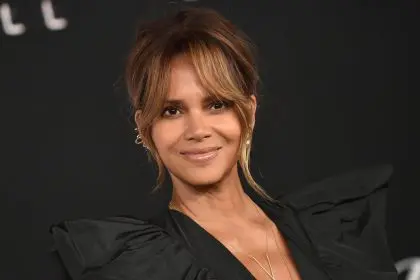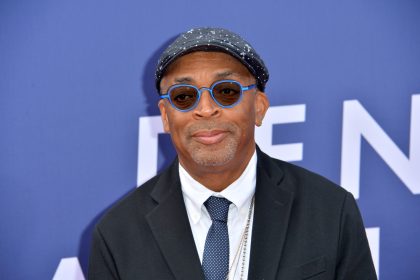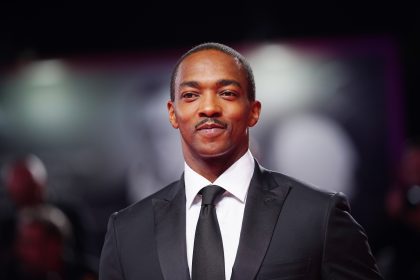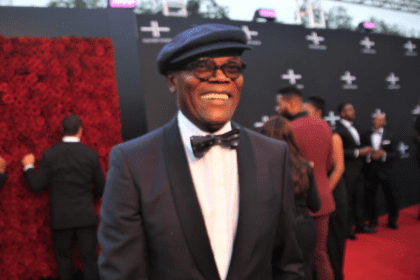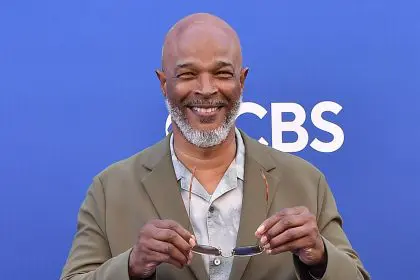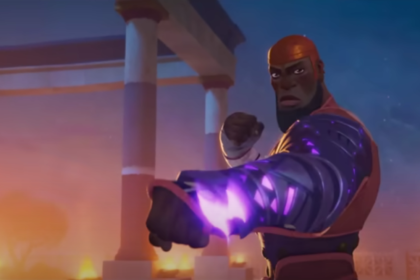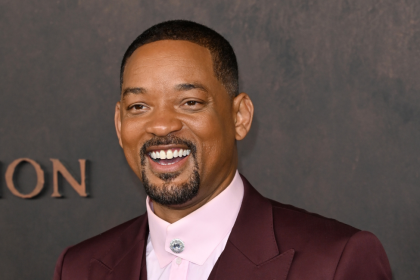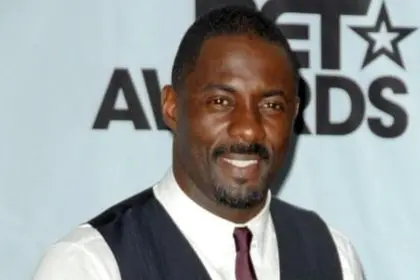Since X-Men: Days of Future Past made waves at the box office last May, obsessive fans everywhere have been clamoring for details regarding it’s follow-up, the highly-anticipated X-Men: Apocalypse. Director Bryan Singer seemed to return the franchise to its glory days with …Past, his first turn in the director’s chair for an X-film since 2003s popular X2: X-Men United. While only snippets have been revealed regarding …Apocalypse’s plot, Singer himself finally announced the actors who would be playing three of the main characters in what should be one of 2016s biggest blockbusters. He shared the news via Twitter, to some decidedly mixed reactions from fans on social media. According to Singer, actors Tye Sheridan, Sophie Turner and Alexandra Shipp will be starring as iconic mutants Cyclops, Jean Grey and Storm, respectively.
“Meet our new and brilliant young mutants: @Alexshipppp as #Storm @SophieT as #JeanGrey and @TyeSheridan as #Cyclops. #XmenApocalypse,” Singer tweeted enthusiastically.
Aside from the typical obsessive comic nerd grumbles, the loudest criticism from many was in regards to Shipp. The actress, who’s starred in Alvin & the Chipmunks 2: The Squeakquel and the widely-panned Lifetime biopic Aaliyah: The Princess of R&B, seemed to be an odd choice to play the Kenyan-American weather manipulator, famously portrayed by Oscar winner Halle Berry in four previous movies. Much of the immediate criticism was directed at Shipp’s complexion—in the comic books and on the popular 90s cartoon, Storm has mostly been portrayed as a fairly dark-skinned black woman. Shipp, like her predecessor Berry, is biracial, the daughter of a black father and white mother. In the minds of many, her casting smacks of colorism—a criticism that was also common amongst detractors of Berry as Storm.
In the case of Berry, it’s somewhat understandable why she wound up donning the white wig and black leather X-suit back in 2000. At the time, Halle Berry was one of the more famous names attached to the original X-Men film. Patrick Stewart, as patriarch Professor Charles Xavier, was something of a name, too—but to most casual American moviegoers, he was just the guy who’d famously played Capt. Jean-Luc Picard on Star Trek: The Next Generation and its related films. Hugh Jackman is now an icon for his portrayal of the X-Men’s adamantium-clawed loner Wolverine, but he was largely an unknown before he landed the role that would make him a superstar. Before being cast as Jean Grey and Cyclops, respectively, in the original film, Famke Jansen and James Marsden weren’t “names,” either. The only other black actress in Hollywood in the late 90s with Berry’s kind of name recognition was Angela Bassett; but it seems unlikely that Bassett, an Oscar nominated actress who’s star was at its peak at the time, would have been all that eager to take on a somewhat lesser role in a comic book film at a time when virtually no one took the genre all that seriously. If one wanted someone with at least the semblance of star power, needed a black actress and could get Halle Berry; in 2000, you likely made that call.
Of course, today superhero movies are extremely profitable in Hollywood and they churn them out at breakneck speed. Big name actors and actresses clamor for the chance to don spandex and fight bad guys on the big screen. The X-franchise alone has grossed more than $3 billion worldwide since X-Men hit theaters 15 years ago. And the character of Storm is being seen by millions of people around the world; which is where the biggest problem lies. Her culture is extremely significant in this regard. But it’s largely been erased. And the colorism issue is just one example of how Hollywood has muted this character’s ethnicity on film.
In Storm, fans have a well-known black female superhero whose identity had been inextricably tied to her African heritage. Not to go full X-nerd here; but she was born Ororo Munroe, the daughter of a Kenyan tribal princess and an American photographer and raised in Cairo. After her parents are killed in an accident, the young orphan becomes a street thief, until, as a teen, she discovers her mutant ability to control the weather while wandering the Serengeti. Soon, tribal people begin to worship her as a goddess; until she is later recruited by Charles Xavier to join the X-Men.
Storm was the first major black female comic book character at either Marvel or D.C. Comics and she wasn’t just a token—she was a powerful character with a rich backstory and a prominent ethnic identity. Her 1975 introduction was part of Marvel’s then-editor-in-chief Len Wein’s intention to resurrect the Uncanny X-Men comic (which hadn’t been active since 1970) with a team of ethnically and nationally diverse characters in the mid-1970s; in contrast to the lily-white all-American original team of the 1960s. For a generation of comic book fans, this regal African woman (who came to become the X-Men’s leader in the 1980s) represented a major push forward and she became one of the most beloved and iconic characters associated with the X-Men in all forms of media, from comic books to video games to the popular 1990s animated series.
In Singer’s X-films, however, it seems as though the clock is moving backwards in many ways. The X-Men’s diverse array of personalities and ethnicities has been largely whitewashed. Of course, one can’t expect every backstory to make it into films with limited screen time and an obvious preoccupation with Jackman’s ever-popular Wolverine; but the muting of Storm’s ethnic identity is especially troubling because the character was so groundbreaking—and continues to be. There aren’t any iconic black female superheroes in these major Hollywood franchises—there are very few black female action actresses being featured at all. And in the X-Men films, Storm is reduced to an afterthought at best: the team’s token black girl who just so happens to be able to summon tornados occasionally. Her African-ness is non-existent, save for Berry’s inconsistent attempt at an accent in the first movie. With the chance to present a powerful, resplendent African goddess to the world; Bryan Singer decided to turn her into a lightning bolt-wielding Lisa Turtle. On the popular early 90s teen series Saved By the Bell, Lisa was the black girl who’s identity as a black woman was never acknowledged; an approach that is just as detrimental as crafting black characters who are nothing more than buffoonish caricatures. The “post-racial” approach to Storm leaves audiences with a character who just “happens” to be black—and that’s a problem. No one is pining for a parade of ethnic stereotypes; but we can’t wish to be assimilated into cultural invisibility, either. And these characters shouldn’t be there to merely support all-too-standard white leads.
Even in the widely-praised Days of Future Past, which included more of the “multi-ethnic” range of X-characters, virtually every black, Latino, Asian and Native American character was relegated to bit player, while the high drama and high stakes played out with mostly white faces onscreen.
Alexandra Shipp deserves the opportunity to do well in this role. It is the most high-profile work she’s gotten thus far in her young career. And while it is troubling to think that Hollywood would rather have a lighter-skinned Storm, it’s even worse to believe that complexion is just the tip of the iceberg as it pertains to muting the ethnicity of a historically-important black character in American pop fiction. This isn’t the same as Michael B. Jordan as The Human Torch or Samuel L. Jackson as Nick Fury. Those black actors portraying traditional white heroes will never overshadow the multitudes of white Batmen, Wolverines and Captain Americas the world constantly sees onscreen. But there is only one Storm. And we should never take that lightly.



